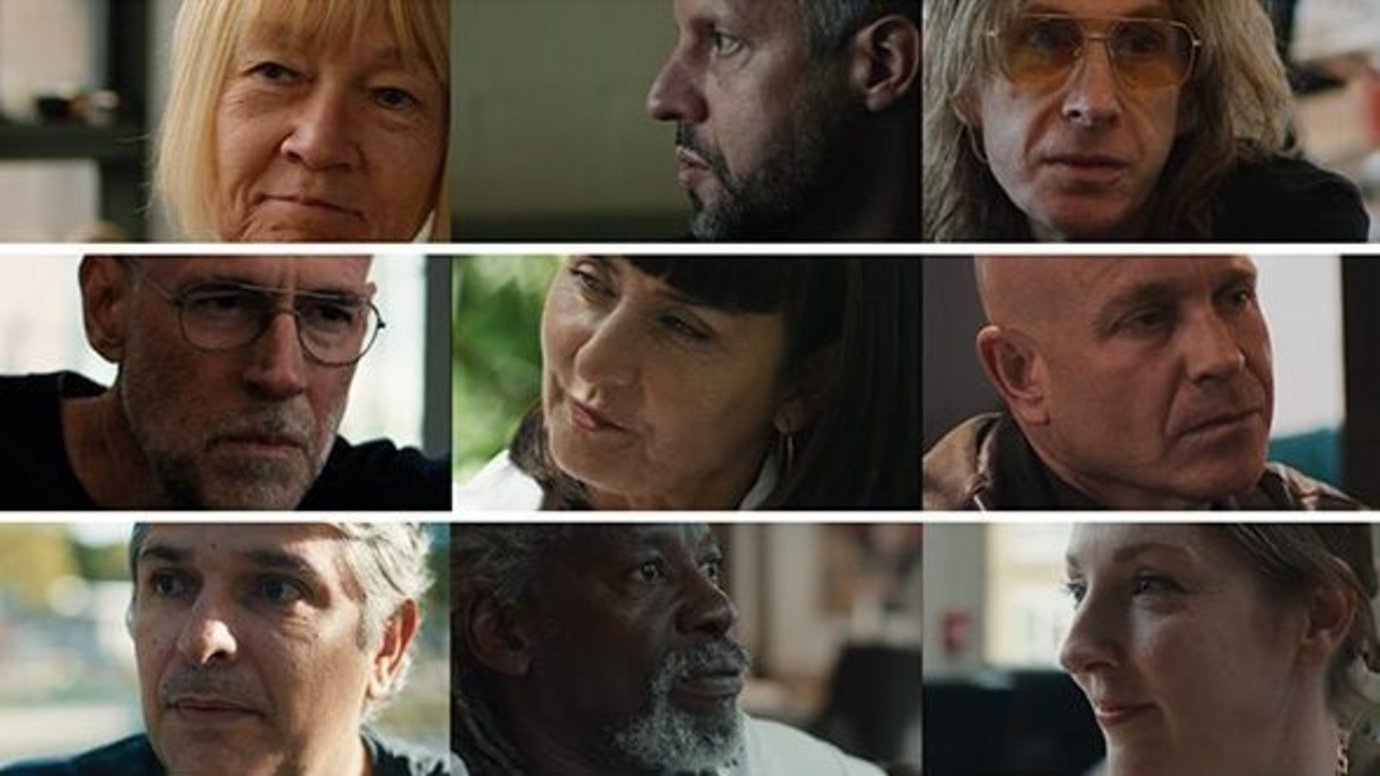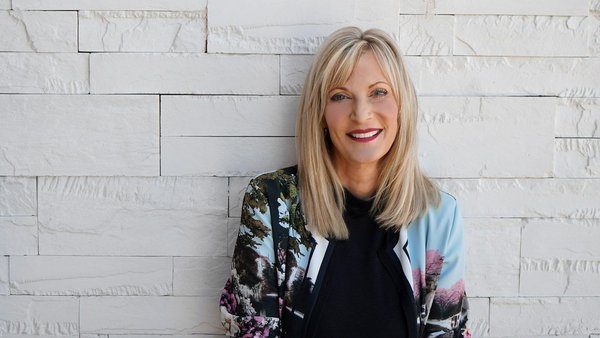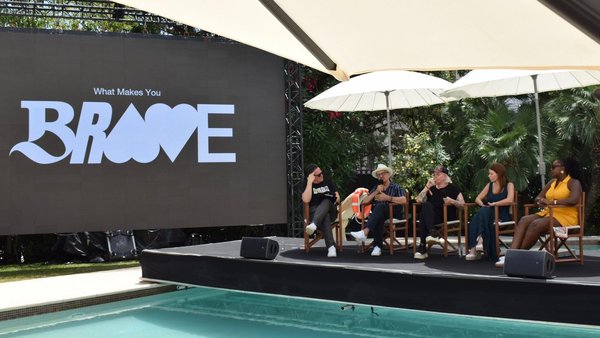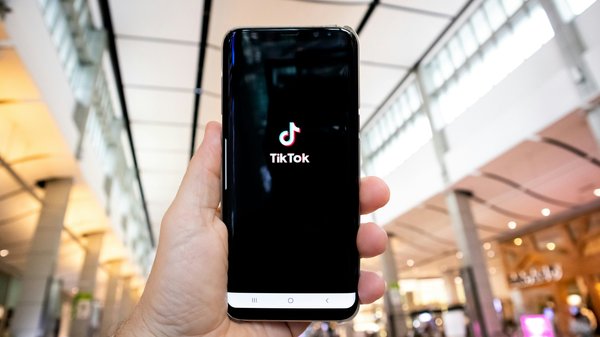Promoted content
Changing the Business of Creativity /
Creative talent platform Togetherr hosted the premiere of its Kill Your Darlings film at the Contagious villa at Cannes, and hosted a discussion on the evolution of the ad industry.

Kill Your Darlings, a film about the world of modern advertising and the creative talent defining it, premiered at the Contagious Villa in Cannes on 22 June.
Produced by Drive Studios and funded by creative talent platform Togetherr, the film examines the 150-year-old ad industry through the eyes of a young, female creative, and features interviews with professor Scott Galloway, Cindy Gallop, Trevor Robinson and many others.
Togetherr’s co-founder and general manager, Amir Guy, introduced the film and explained how it was developed to tie in with his platform’s launch. The film introduces a range of perspectives on the advertising industry, and doesn’t pull any punches – as WPP’s Rob Reilly says in the film: ‘The whole industry is at its breaking point to some degree.’
The screening was followed by a panel that featured Guy; Micha Kaufman, founder and CEO of Fiverr (which designed and built the Togetherr platform); Karin Onsager-Birch, VP of creative at Lyft; and Jessica Spence, president of brands at Beam Suntory. They shared their insights on how the ad industry is evolving and what it needs to tap the best creative talent.
Onsager-Birch kicked things off with the brand perspective and what clients want from agencies. She said they’re looking for ‘fantastic, passionate talent, but we’re looking for it without all the barriers in the way [...] We’re looking for much, much much tighter collaboration and just way less of all the bullshit in the middle.’
Spence observed how often clients are kept from creatives and spoke of the frustrations of ‘being managed’.
‘I can always find somebody who will tell me what I want, if I pay them enough. That's not useful. What's useful is somebody who has trust, who challenges me, who comes in and tells me things I don’t want to hear. And I find that only generally comes from the creatives, most of the time, unfortunately. That's really what we're looking for, because we need to be pushed outside of our comfort zone, or we know that we won't get great work.’
When it comes to clients and brands finding talent, Spence was optimistic. ‘There are fabulous, creative talents in the world. The challenge for us is how do we find them?’ Looking to co-speakers Guy and Kaufman, she was supportive of solutions that provide access to talent, ‘because it's hard, and we don't have the time and the skills to do it ourselves’.
Onsager-Birch said she hopes the speed of ideas and the ease of access can be improved, especially when reacting to culture. ‘I want that idea from that creative WhatsApped to me now. And then we can decide if we want to do something about it [..] but if they come to us with the idea two weeks later, the moment’s over. We don't have time for this machine between us. And for me, that's why it's easier to just bring the talent inside.’
State of play established, talk moved to the creation and Fiverr’s launch of Togetherr and how the two platforms differ. Kaufman said of Fiverr: ‘The first principles of our business [is] all about providing access to talent. And for talent, access to opportunities. It starts and ends with that.’
For Togetherr, the goal was to create a very human process, but made more efficient through tech. Its technology scans the whole world for creatives that fit the needs of an assignment and builds teams based on the particular inputs. Guy stressed that platform was created by the industry for the industry. ‘We brought all this knowledge, all this passion and all these emotions, into building the product, which is not a new kind of ad agency. We’re not here to replace ad agencies.’
Kaufman added: ‘We all speak about access to the best talent, and we all need the best talent for that very, very specific project. And that talent doesn't necessarily reside in specific agencies of record, or even in small agencies, because so many people are free agents these days. Amir was talking to me about this idea, and I kept thinking about how amazing would it be if we can actually sequence the genome of this industry.’
He concluded the talk by throwing down the gauntlet: ‘You can test it. And I think it's going to surprise you. It will surprise you by seeing some known faces, but also unknown faces, and get exposed to the talent, the creativity in their world. For creatives, it's the people you would love working with. And for brands, it's exactly what you need. So the burden of proof is on us. But I'm so excited about this.’
To learn more about Togetherr, Click here.
Want more of the same? /
We don’t just write about best-in-class campaigns, interviews and trends. Our Members also receive access to briefings, online training, webinars, live events and much more.




